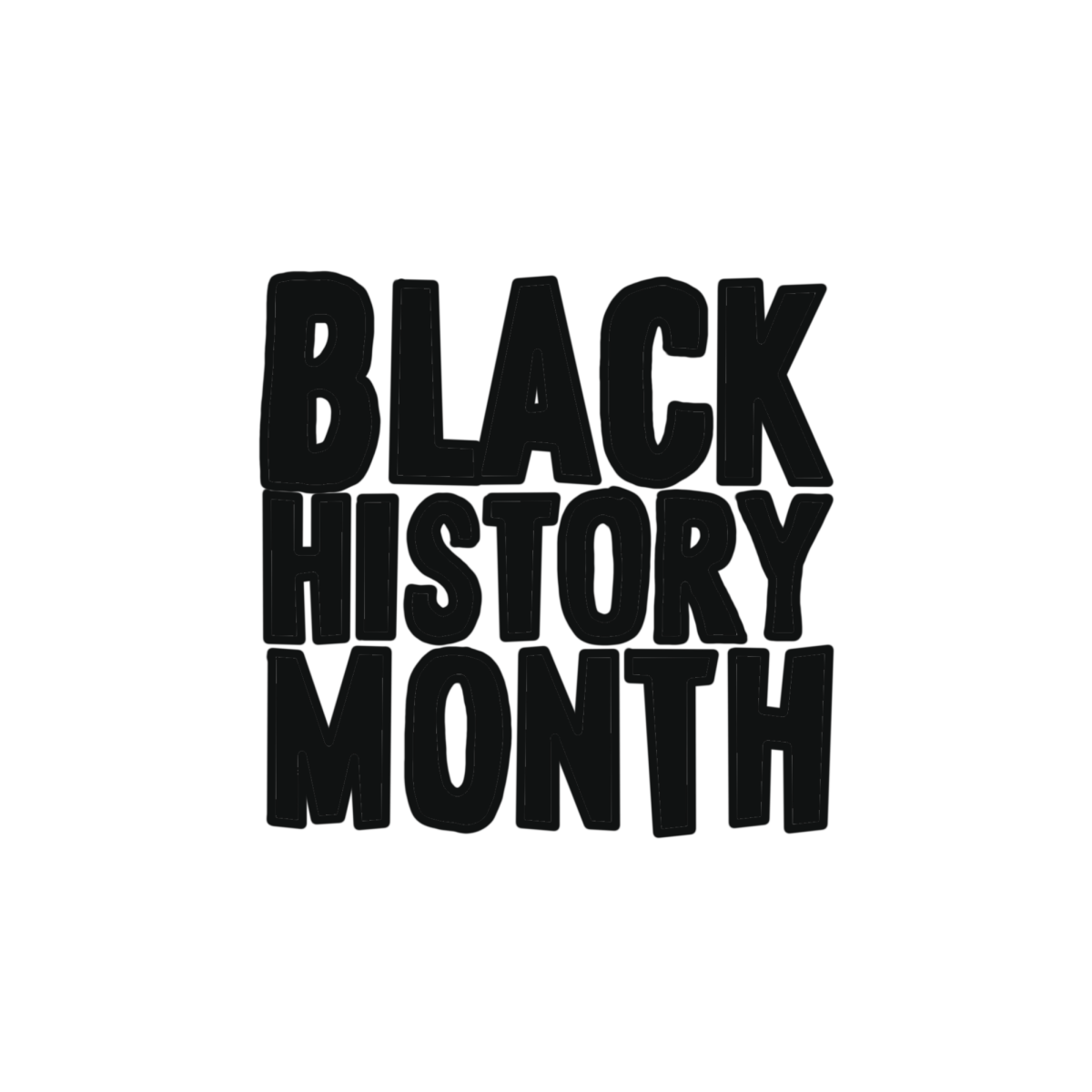The first week of February marked the beginning of Black History Month, a time when we reflect on the great challenges that black Americans faced throughout United States history. This particular year would mark 61 years since the Civil Rights Act of 1964 was signed into law.
Growing up in the United States education system, we are taught the basics of black history, the hero stories like Rosa Parks, Martin Luther King, Fredrick Douglass, Harriet Tubman, Ruby Bridges, and hundreds more. As well as the tragedies that took place during slavery, segregation, and integration. But as we grow older, more self-aware, and more self-conscious, this month can be a great reminder of the atrocities faced by the black community and can create anxiety around the crimes against black people that still take place today. It reminds us that while so much progress has been made, there is still much to be done.
The anxiety is valid with this kind of abuse and harassment being ever present. For local example, just around three years ago, two men were arrested in Holly Point Commons after writing a racial slur that read “I hate n—ers” on a black female student’s door. This unfortunate act of discrimination served as a concerning reminder that racism is still taking place in our very own community.
The idea that dedicating just one month to Black history is insufficient when you consider the countless acts of discrimination and hate, especially when systemic racism still persists in the present. While institutions, including Rowan, may highlight black achievements during this month, they fail to address ongoing issues like racial disparities in education, policing, healthcare, and the workplace. It’s vitally important to do so on their end, to emphasize all negatives and all positives, so that young black students can become aware of the world they are entering.
This issue falls hand in hand with the elementary and middle school education system when it comes to teaching black history. Due to the whitewashing of history, talk surrounding modern racial disparities, systemic oppression, and even prominent radical black figures becomes only a quiet hum. This history should be amplified for a better and well-rounded understanding of our nation’s history.
Additionally, a majority of the discussion around black history comes to an abrupt halt once the month is over. This conversation ends in many places: in schools, in the workplace, on social media, etc. Real commitment to racial equality means to educate ourselves on black history outside of just February, it means to integrate this history into curriculums all year round.
So when March 1 rolls around, The Whit Staff encourages you to keep learning about both black history and inequalities in the present rather than just waiting for next February to come.
For comments/questions about this story DM us on Instagram @thewhitatrowan or email [email protected]
























































































































































!["Working with [Dr. Lynch] is always a learning experience for me. She is a treasure,” said Thomas. - Staff Writer / Kacie Scibilia](https://thewhitonline.com/wp-content/uploads/2025/04/choir-1-1200x694.jpg)










































